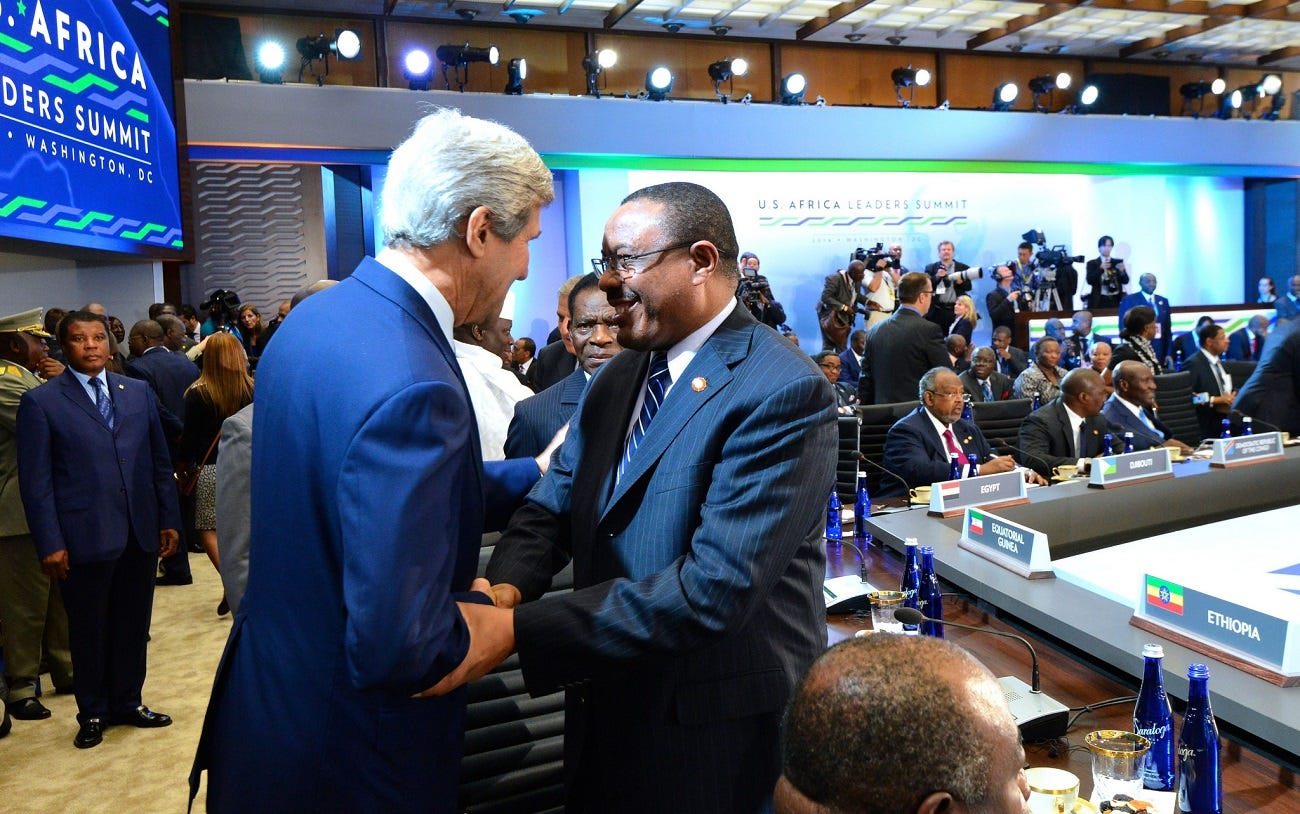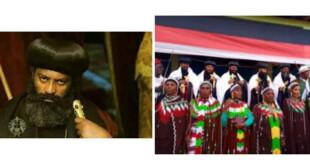Crackdown on social media follows a bloody campaign by the state
warisboring.com/
by PETER DOERRIE
The Ethiopian government declared a nationwide state of emergency in October 2016 that severely restricts democratic rights. Rallies and public gatherings are now prohibited without prior permission, and the security forces declared a right to detain and search people without a court order.
Siraj Fegessa, Ethiopia’s defense minister and head of the ominously named “Command Post” tasked with dealing with country’s ongoing political crisis,declared that watching or listening to Voice of America and Deutsche Welle is illegal, in addition to banning any contact to groups labeled as terrorists.
The regime has placed a special emphasis on limiting the flow of information out of the country. Want to post an opinion about what is going on in Ethiopia on Facebook? If you do so within the country, you could face a three-to-five year jail sentence.

The Ethiopian government has also restricted all foreign diplomats to the capital and its immediate environs, limiting one of the most important ways to observe the development of the often violent crisis, which erupted one year ago as protesters demanded reform to the country’s one-party rule.
Foreign media has been restricted from covering the protests from the beginning, and the author’s visa request was recently denied by Ethiopia without comment, as were similar requests by a number of colleagues.
The government has also seemed to severely restrict access to the Internet. Statistics provided by Google show that traffic to YouTube (a Google property)fell off a cliff in early October. These harsh new laws are not a good sign for those who hoped that tensions and violence in Ethiopia would subside.

The Ethiopian regime is facing its greatest challenge since it took power in 1991.
Twenty-five years ago, the Ethiopian People’s Revolutionary Democratic Front swept into power — and was popular — as it replaced thoroughly brutal and corrupt Marxist regime that reduced Africa’s only uncolonized nation to famine and poverty.
The EPRDF implemented a federalist constitution and a parliamentary democracy. But while allowing a greater space to the political opposition and strengthening human rights, the ruling party never risked giving up its control over the state.
While the EPRDF is officially a coalition of several ethnic political parties, its Tigrayan members — who were instrumental to the insurgency that brought it power — have long dominated the party.
Over time, the Tigrayan People’s Liberation Front further strengthened its control over the coalition and the state’s political institutions. It further took control of the military — a key U.S. ally and one of the better equipped and trained forces on the continent.
The protests that erupted in November 2015 can be traced to the perceived dominance of Tigray politicians, businessmen and officers over Ethiopian affairs. Since those protests began, Ethiopia’s security forces have killed more than 500 people.
Originally the protests were staged largely by Oromo youths, but Amhara protesters have since joined them — uniting the country’s two largest ethnic groups. They share demands for greater participation in the political process, and the devolution of resources and rights to Ethiopia’s ethnic-based federal states.
The protests have been overwhelmingly peaceful, with no organized and violent anti-state movement being apparent. The regime could acquiesce to the protesters’ demands and open a dialogue about the future of Ethiopia’s political system. However, the state of emergency and its draconian rules make clear that this won’t be happening any time soon.
Instead, it is likely that the new legal instruments, and reduced scrutiny from abroad, will give the regime license to increase the level of violence against its opponents.
The opposition, meanwhile, has little hope of resisting such a coordinated effort from the state. The regime has successfully undermined opposition groups in recent years, leaving the protesters without a national platform or individuals to organize around.

A continuation of the crisis will severely harm Ethiopia’s economy. Some investors are already pulling out, throwing one of Africa’s few economic success stories into jeopardy. But the regime might decide that the risk is worth it, hoping to come out of the conflict with even stronger control over the country.
Currently, there is only one strategy that would almost certainly force the government to change course — a coordinated withdrawal of international development assistance.
Ethiopia received more than $3.5 billion in development assistance in 2014. In 2011, official development assistance amounted to more than 100 percentof central government spending.
But international donors are exceedingly unlikely to pull the plug. German chancellor Angela Merkel visited Ethiopia in October 2016 to — yes, you’re reading this correctly — inaugurate the African Union’s new headquarters forpeace and security operations.
While she criticized Ethiopia’s democratic deficits, she made no threat to withdraw resources. On the contrary, Merkel proposed to support the training of Ethiopian security forces “so that protests won’t result in so many deaths.”
Merkel, at least, took the time to meet with some representatives of the opposition. U.S. president Barack Obama refused to do so last year, instead calling the Ethiopian government “democratically elected.”
This statement came to the consternation of human rights organizations, which pointed out that the ruling party currently holds 100 percent of the seats in Ethiopia’s parliament.
The reason for this blatant refusal to take action is simple — faced with the threat of terrorism in Ethiopia’s neighbor Somalia, and several civil wars in the region, Western powers are betting on the Ethiopian regime to pull through this crisis and provide the region with an “anchor of stability,” in Merkel’s words.




